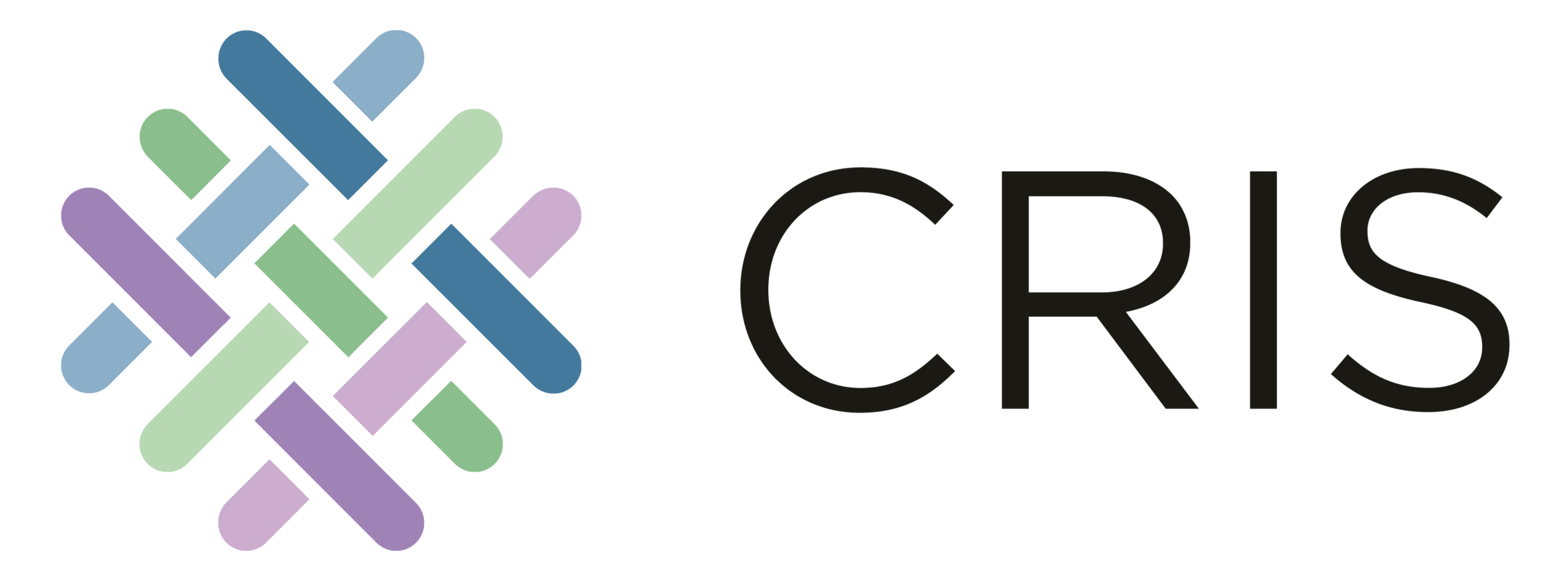NEW RESEARCH: Mapping young people’s social justice concerns: An exploration of voice and action
This report formed the basis of our work with the Institute for Strategic Dialogue’s YouthCAN program. We listened to young people’s concerns about the ways their voices can be co-opted and silenced, or amplified and given a platform. Our key findings are available in the summary document.
Young people in this study went beyond speaking about their understandings and experiences of social issues, voice and social change. They used their knowledge and experience to fuel hope and dream of new ways of working together and taking action collectively to create a more connected and equitable society.
‘Mapping young people’s social justice concerns’ will be of interest to anyone passionate about working with and for young people, and listening to their voices - not just the ‘loud shiny’ ones, but the raw, the marginalised and the critical ones too.
Mental health, burnout, and self-care
Mental health emerged as the most significant concern for young people generally and for the participants we interviewed. Social isolation has worsened since the onset of the COVID-19 pandemic, but young people also spoke about these concerns in relation to living in a complex and fast-paced world in which productivity was valued over wellbeing and relationships with others. In addition, many young people doing social change work were often on the edge of burnout and exhaustion. Connecting with nature, animals and people was identified as an important element of self and collective care.
working with young people with integrity
Young people in the interviews identified that many programs situated within organisations tackling social justice issues do not adequately devote time and resources to building relationships with facilitators or other program members. Many young people expressed the desire to be part of a community or collective doing this work as it provides a place to learn more about social issues but also to build capacities such as self-confidence, networks and an understanding of social systems and storytelling
power, privilege and participating as yourself
Across youth and adult stakeholders, there was concern about the ‘white-washing’ of spaces and programs within organisations. A number of young people also felt that they were not able to “participate as themselves”. Power and privilege were often not explicitly discussed in relation to people’s identities, experiences and positions in the projects/ organisations. This led to exclusion of certain young people, which silences particular groups and can block them from being involved in change efforts
the importance of mentoring
Young people already doing activist and advocacy work identified the importance of other youth mentors and activists in their journey. This included brief connections (hearing their stories, tips and advice) and extended mentoring with deeper engagement. Importantly, adult mentors who valued reciprocity, horizontal relationships and listening were central to young people feeling supported and confident to begin and sustain advocacy and activist work.
Barriers and challenges
Young people and stakeholders identified a number of practical barriers to participation, including
financial stress
employment commitments
education and training commitments
mental health issues (stress, anxiety and depression)
phone credit
internet access
access to transport
limited hours and areas of operation
family and carer responsibilities
institutional barriers
COVID-19 (which presents additional barriers and stresses for many participants including unemployment, increased mental health issues and family crisis situations)
‘Fluffy co-design’ co-opts and coerces
Young people and youth workers both identified significant issues with how co-design is implemented and used to increase youth participation and voice in organisations. Organisations often exclude particular groups of young people, specifically First Nations young people. These organisations value and prioritise young people that can, and will, speak to their agendas rather than looking for genuine collaboration. Their approach narrows young people’s opportunities for feedback, or to tell their stories with complexity, with some practices identified as coercive and even traumatic.
This report has been designed using images from Freepik.com.
